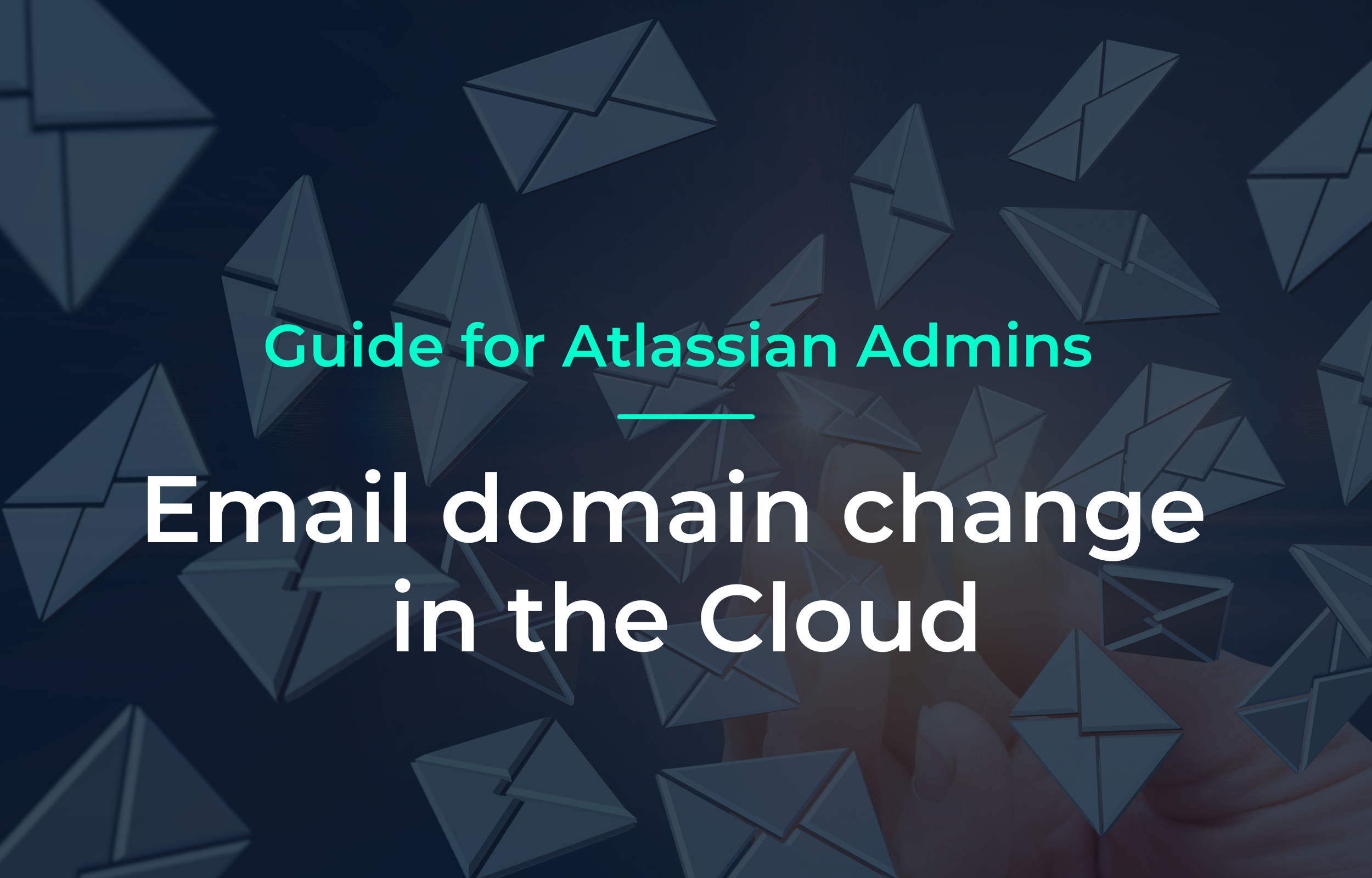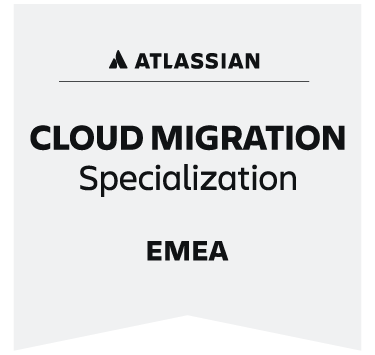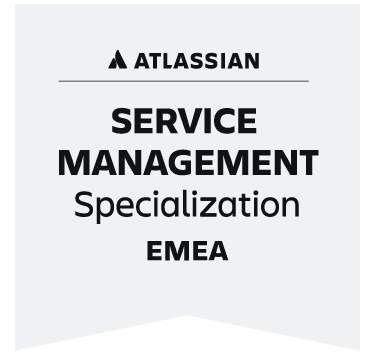Reading time: 12 Minutes
The cloud has become an invaluable resource for businesses of all sizes, offering access to data and applications from anywhere and increasing efficiency. However, it is essential to remember that the cloud is vulnerable to security threats and breaches. Fortunately, you can implement security measures to ensure a secure cloud and protect business data. By implementing these measures, businesses can maximize the benefits of the cloud and enjoy increased security, reliability, and, ultimately, business success. This article will discuss the importance of cloud security and how a secure cloud can lead to business success.
The importance of cloud security
We cannot stress the importance of cloud security enough. Businesses are vulnerable to malware, ransomware, and data breaches without proper security measures. These can cause significant damage, resulting in lost data and compromised systems. Further, your business is liable for data losses or breaches, resulting in fines and penalties.
A study from 2019 by Oracle and KPMG revealed that organizations are losing an average of $5 million per cloud security incident. Additionally, according to Accenture, organizations worldwide will lose an estimated $5 trillion in revenue due to cloud security breaches over the next five years.
A secure cloud is essential for protecting business data, as it can provide an extra layer of security to protect against potential threats. Businesses can protect their data by implementing security measures such as authentication, access control, and encryption. This can reduce the risk of data breaches and mitigate the potential impacts of any attack. Additionally, a secure cloud can provide increased reliability, as data is less likely to be corrupted or lost. This helps maximize ROI, as businesses can access their data quickly and reliably.
Potential risks of an unsecured system
The potential risks of an unsecured system are significant, and businesses must take steps to protect themselves against potential threats. Without proper security measures, companies are vulnerable to various attacks, including malware, ransomware, and data breaches. Malware, such as viruses and worms, can infect systems and cause damage to data. Ransomware is malicious software that can encrypt data and hold it hostage until businesses pay a ransom. Data breaches can result in the unauthorized access and disclosure of sensitive information, such as customer data or trade secrets.
These attacks can cause significant damage, resulting in lost data and compromised systems. As such, businesses must take steps to protect themselves by implementing security measures to ensure a secure cloud.
Common risks at a glance:
- Data Breaches: Unsecured cloud systems can be vulnerable to malicious actors that could gain access to sensitive data and use it for malicious intent.
- Denial of Service (DoS) Attacks: DoS attacks involve flooding a network or service with traffic, resulting in the system being unable to respond to legitimate requests. This can lead to outages and disruption of service for cloud users.
- Malware Infection: Cloud systems can be vulnerable to malware infections, allowing attackers to access confidential data and disrupt operations.
- Insufficient Access Controls: If access control measures are not implemented correctly, unauthorized individuals may gain access to sensitive data or resources stored in the cloud system without permission.
- Poor Configuration Management: Inadequate configuration management practices, such as a lack of patching or outdated software versions, can make a cloud system vulnerable to attack from malicious actors, resulting in data breaches or unauthorized access to resources by attackers.
Advantages of a secure cloud
A secure cloud can provide numerous benefits to businesses, including increased security and improved reliability. Companies can protect their data and reduce the risk of data breaches by implementing security measures such as authentication, access control, and encryption. Additionally, a secure cloud can provide increased reliability, as data is less likely to be corrupted or lost. This helps maximize ROI, as businesses can access their data quickly and reliably.
Furthermore, a secure cloud can provide additional benefits, such as improved customer satisfaction. Businesses can demonstrate that they value their customers and data by protecting customer data and ensuring privacy. This can result in increased customer loyalty and a better customer experience overall.
Finally, a secure cloud can help businesses to comply with data regulations, such as the European Union’s General Data Protection Regulation (GDPR). Companies can avoid costly fines and penalties by complying with these regulations and ensuring their data is secure and protected.
Types of cloud security measures
Companies must take security measures to ensure a secure cloud. Authentication verifies a user's identity to allow access to data or services through passwords, biometrics, or two-factor authentication. Encryption converts data into an unreadable format to protect it from unauthorized access and disclosure. Finally, access control restricts the actions of specific users or services based on predefined rules and criteria.
These measures can provide organizations with additional security and help them protect their data from potential threats. Enterprises can also implement monitoring and alerting tools to detect potential breaches or suspicious activity and alert administrators accordingly. By implementing these measures, organizations can ensure that their cloud systems are secure and protected from potential threats.
Authentication
Authentication is an important security measure that can help organizations protect their data and ensure that only authorized users have access (using strong passwords, biometrics, or two-factor authentication). Passwords are the most common form of authentication because they are easy to implement and use. However, passwords can be easily guessed or cracked by brute force attacks. Therefore, it is important to use strong passwords that are difficult to guess and to change them regularly.
Biometrics refers to a user's unique physical characteristics, such as fingerprints or facial recognition. This provides an additional layer of security and ensures that only authorized users have access to data or services. Two-factor authentication (2FA) combines two different authentication methods for added security, such as a password combined with a code sent via text message or email. By implementing these measures, organizations can ensure that their cloud systems are secure and protected from potential threats.
Encryption
Encryption is an important security measure that can help companies protect their data from unauthorized access and disclosure. It involves converting data into an unreadable format, such as a code or cipher, to prevent it from being read or understood by anyone other than the intended recipient. Encrypted data is therefore more secure because it cannot be read, even if it falls into the wrong hands. Encryption can also help ensure data integrity by detecting and preventing changes to encrypted data.
There are various encryption algorithms, each of which has its strengths and weaknesses. Therefore, it is important to choose an algorithm that provides high security but requires little computing power or storage space. Organizations must also keep their encryption keys secure to prevent unauthorized access to encrypted data. By implementing these measures, companies can ensure that their cloud systems are secure and protected from potential threats.
Access control:
Access control is an important security measure that can help organizations protect their data by restricting access to specific users or services. This includes setting rules and criteria for who can access what data and when. For example, a company can establish rules that allow only certain employees to access sensitive customer data or limit access to certain times of the day or week. This ensures that only authorized users can access the data they need, while preventing unauthorized users from accessing sensitive information.
For added security, organizations should also consider implementing multi-factor authentication (MFA). MFA combines two or more authentication methods, such as a password combined with biometric data or a code sent via SMS. By implementing these measures, organizations can ensure that their cloud systems are secure and protected from potential threats.
How companies benefit from a secure cloud
Enterprises can benefit from a secure cloud in many ways, including increased security, improved reliability, and maximized ROI. By implementing security measures such as authentication, encryption and access control. This can reduce the risk of data breaches and mitigate the potential impact of an attack. In addition, a secure cloud can increase reliability by making it less likely that data will be corrupted or lost. This helps maximize ROI, as companies can access their data quickly and reliably.
In addition, companies can also benefit from improved customer satisfaction. By protecting customer data and ensuring privacy, companies can show that they value their customers and their data. This can lead to stronger customer loyalty and an overall better customer experience. Finally, companies can also benefit from complying with data regulations such as the General Data Protection Regulation (GDPR) by avoiding costly fines and penalties while ensuring their data is safe and secure.
Increased security
One of the main benefits of a secure cloud is increased security. By implementing security measures such as authentication, encryption and access control, organizations can ensure that their data is protected from potential threats. This can reduce the risk of data breaches and mitigate the potential impact of an attack. By protecting customer data and ensuring privacy, companies can also benefit from higher customer satisfaction.
These benefits can help companies maximize their ROI by providing fast and reliable access to their data without worrying about security threats or compliance issues. A secure cloud offers companies numerous benefits that can boost business success.
Learn more about cloud security in our Whitepaper: Zero Trust
Improved reliability
Another benefit of a secure cloud is improved reliability. By implementing security measures such as encryption, companies can ensure that their data is protected from unauthorized access and disclosure. This can ensure data integrity by detecting and preventing any changes to encrypted data. A secure cloud can also provide greater reliability, as data is less likely to be corrupted or lost. This helps maximize ROI, as companies can access their data quickly and reliably without worrying about potential threats or breaches.
Finally, by protecting customer data and ensuring privacy, companies can benefit from higher customer satisfaction. This can lead to higher customer loyalty and an overall better customer experience. A secure cloud offers companies numerous benefits that can increase business success.
Maximized ROI
One of the key benefits of a secure cloud is maximizing return on investment. By implementing security measures such as authentication, encryption and access control, organizations can ensure that their data is protected from potential threats. This can reduce the risk of data breaches and mitigate the potential impact of an attack. In addition, a secure cloud can increase reliability, as data is less likely to be corrupted or lost. This helps maximize ROI, as businesses can access their data quickly and reliably without worrying about security threats or breaches.
In addition, by protecting customer data and ensuring privacy, companies can benefit from higher customer satisfaction. This can lead to higher customer loyalty and an overall better customer experience. Finally, businesses also benefit from complying with data regulations such as the General Data Protection Regulation (GDPR) by avoiding costly fines and penalties while ensuring their data is safe and secure. A secure cloud offers companies numerous benefits that can improve business success.
Actively reduce costs
By implementing security measures such as authentication, encryption and access control, organizations can reduce the potential cost of a cloud security incident by up to 50 %. In addition, with a secure cloud, organizations can increase customer satisfaction by up to 20 %, which translates into higher customer retention and customer lifetime value. In addition, companies that comply with data regulations such as the GDPR can save up to 25 % in fines and penalties. Finally, a secure cloud can also increase ROI by up to 30 % by improving reliability and access times.
Conclusion
In summary, cloud security is an essential component for business success. By implementing security measures such as authentication, access control and encryption, organizations can ensure that their data is protected from potential threats. In addition, a secure cloud can increase reliability, improve customer satisfaction and ensure compliance with data regulations such as the GDPR. Ultimately, a secure cloud can improve business success by maximizing ROI and protecting against potential threats.







